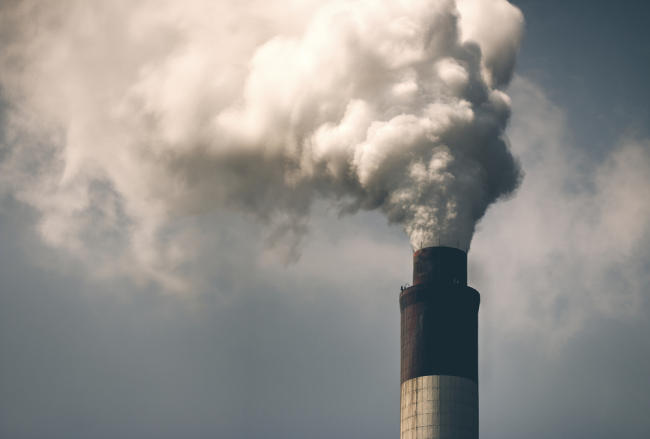3364 publications
Réduire la taille des portions : Les guerres alimentaires aux États-Unis
At times of TTIP negotiations, the American food industry frightens the Europeans. Having elaborated marketing practices and also unhealthy foodstuffs, it is largely kept responsible for obesity epidemic which strikes the United States since the 1980s. however, the American civil society organized itself and the industrialists now have to act more carefully. What is the state of the balance of power today?
Emerging Markets and Migration Policy: China
China’s development has given rise to massive flows of both domestic migration and international emigration.
Gazprom in Europe: a Business Doomed to Fail?
The construction of what is nowadays called European energy policy is an ongoing process that officially started with the creation of the European Coal and Steel Community in 1951, and has not yet been entirely finalized. It took several decades to move from a Community composed of six countries to a policy – not fully fledged – intended to strengthen as much as possible cohesion between 28 EU member states in the energy sector.
The Left in Turkey: A Fragmented History
The Gezi protest movement gripped Turkey throughout the summer of 2013 and reignited observers’ interest in Turkey’s left-wing activist groups, which participated in the protests.
Coal and Climate Change: the "Chinese Way" ?
This article, issued after Asia Center and ASEF's international conference on coal issues in China (26th and 27th of June 2014 in Beijing), tackles the challenges the country is facing in restructuring its coal industry, in a context of severe and recurrent air, soil and water pollution outbursts.
Kurds and the State Option
The Kurds in Iraq occupy what is practically a state. The Syrian civil war has resulted in the autonomization of the country’s Kurdish population. To Kurdish advantage, the JDP’s (Justice and Development Party – Turkey) ambiguous policy has cleared a new political space in Turkey.







